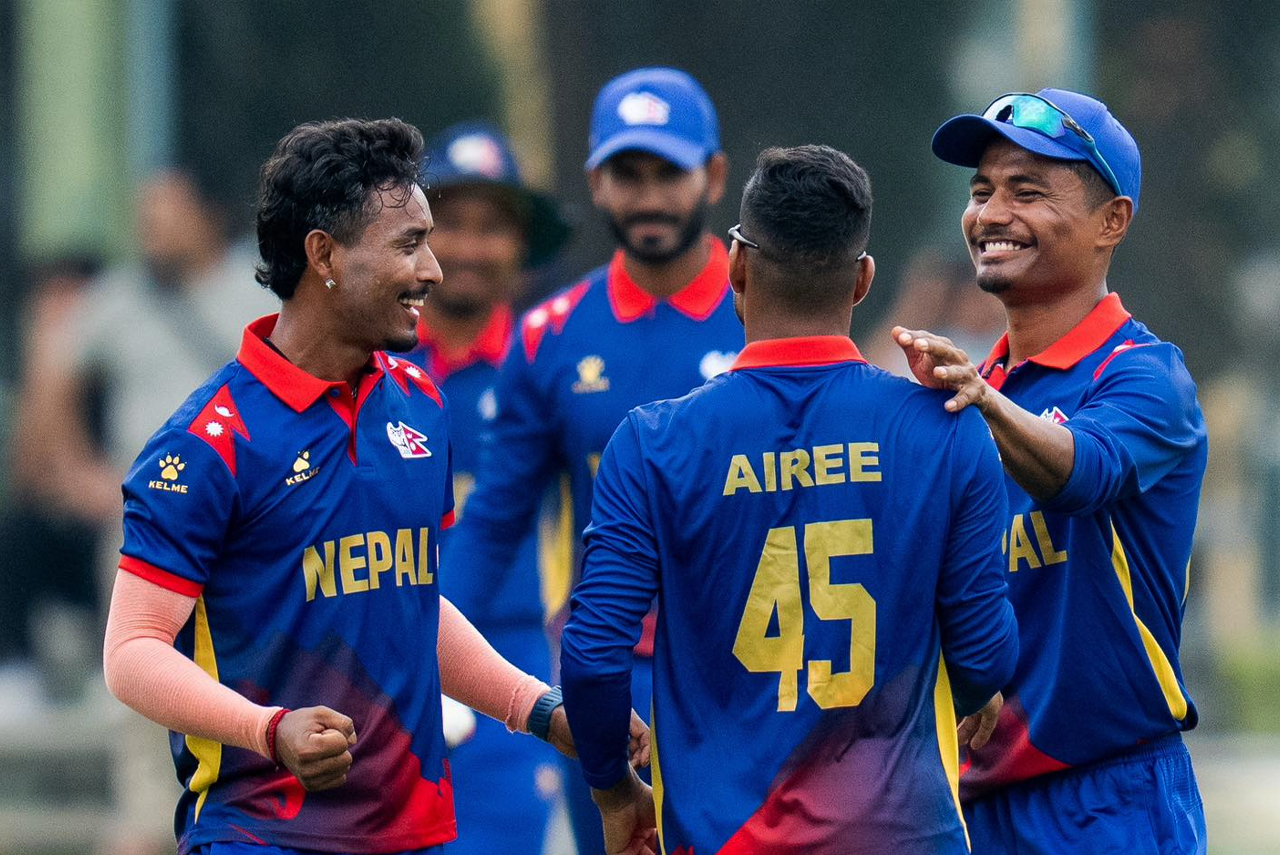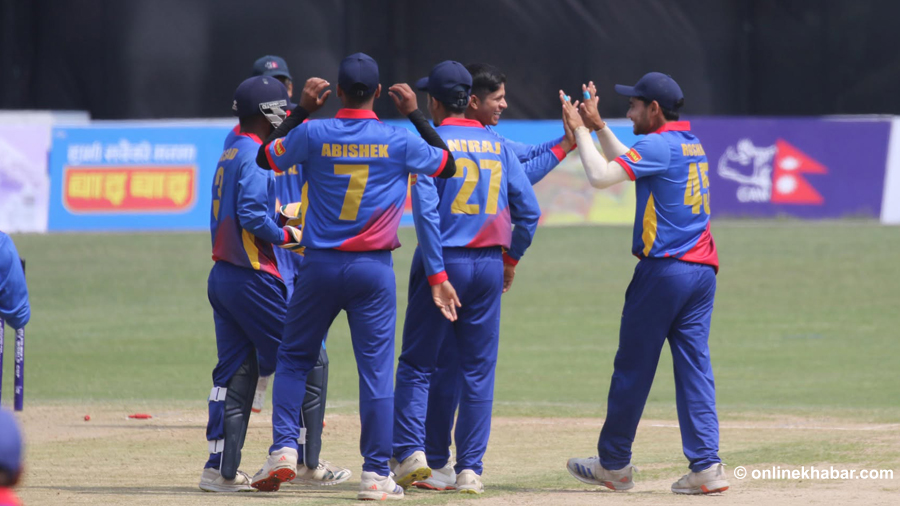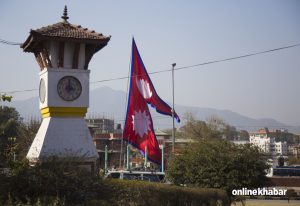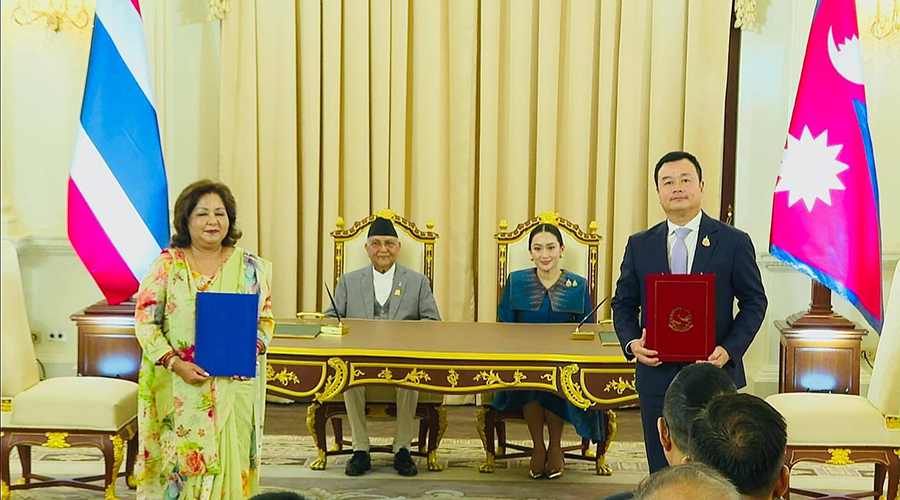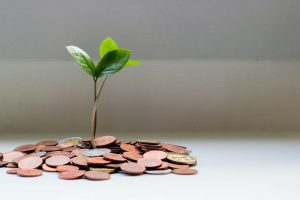
When Bidya Dhungana, 23, from Devchuli Municipality speaks, young girls listen closely, often taking notes. Her transformation—from a quiet, reserved girl to a confident, outspoken leader—has inspired many. She’s now a role model, exemplifying traits that others aspire to: confidence, resilience, and self-expression. “The younger ones in the neighbourhood look up to me,” she says with a sense of purpose. “It’s both an honour and a responsibility.”
Only a few years ago, Dhungana could not have imagined herself in such a role. Growing up, she was surrounded by dreams yet restrained by societal expectations that urged her to remain quiet and compliant. But through the support of the Girls Empowerment Program (GEP), Dhungana found her voice. Her life—and her outlook—transformed.
Dhungana is one of over a hundred adolescent girls from three municipalities in Nawalpur district—Devchuli, Kawasoti, and Madhyabindu—in Nepal’s Gandaki Province who have benefited from GEP’s transformative impact. The GEP initiative offers training in self-defence, leadership, life skills, menstrual health, and entrepreneurship, equipping girls to challenge social norms and build fulfilling careers. Supported by Jagriti Child and Youth Concern Nepal (JCYCN) with backing from KANALLAN, GEP empowers young women to defend their rights, redefine their futures and question social and cultural taboos. The program’s ultimate goal is to cultivate resilient leaders who can inspire change across generations.
Since its launch in 2018, GEP has trained 110 young girls through workshops, video podcasts, advocacy events, and policy-level interventions. The program’s holistic approach fosters growth in health, sanitation, and leadership, and cultivates a peer-educator network, sparking a ripple effect of empowerment across communities. Through GEP, girls have led advocacy campaigns, met with government officials, and joined multi-stakeholder partnerships, equipping them to address issues like child marriage and menstrual taboos. Today, these peer educators hold leadership roles on local and national platforms, collaborate with community leaders, and contribute to policy discussions that impact child-friendly initiatives and health awareness.
Building confidence, brick by brick

She was hesitant when Dhungana’s family returned to Devchuli Municipality from Kathmandu. Joining the local ward child club gave her a sense of belonging, but it wasn’t until she became involved with GEP that she truly found her voice. She learned to express her opinions boldly through activities like self-defence training and leadership workshops. Now, Dhungana’s voice resonates at home and in her work at Devchuli Hospital. “Before, I rarely spoke up,” she says. “Now, I lead, not just for myself but for other girls finding their way. This program gave me confidence I never knew I had.”
Beyond their personal development, the GEP has helped peer educators like Dhungana, take on roles as powerful agents of change in their societies. They are not only advocating for their rights but have become catalysts for broader social transformation. Dhungana recalls stopping child marriage in Devchuli Municipality by convincing the parents of the children that what they were doing was wrong.
“We worked so hard to stop the marriage but our joy did not last long as the children eloped despite us trying to convince them to wait a few years,” she says.
Looking ahead, Dhungana is focused on sustaining her and her peers’ progress. She recognizes the challenges that remain, especially with cultural practices like child marriage persisting despite intervention efforts. To address this, she has been actively engaging with stakeholders and community leaders, advocating for policies that protect girls and prevent early marriages. She has also been organizing discussions with younger girls in the community.
“I have used platforms given to me to tell young girls that we shouldn’t be told not to do something just because we are women,” she says. “I feel I have the responsibility to change things and I am committed to ensuring that future generations of girls have the freedom and opportunities to shape their own lives.”
For 23-year-old Sumina Kumal, empowerment took a different form: pickle jars—the foundation of her entrepreneurial journey. The GEP’s entrepreneurship training helped her dream bigger, despite cultural expectations that often prioritize domestic duties over personal ambitions. Initially, her family was sceptical, hoping she would pursue a more traditional job. But Kumal, disappointed with Nepal’s corporate landscape, saw entrepreneurship as her path forward. As her business thrived thanks to the mentorship provided to her by the GEP, her family came to appreciate her independence.
“The GEP gave me the courage to share my dreams with my family,” she says. “The Didi and Dai mentorship program provided through GEP connected me with an entrepreneur who has been guiding me and pushing me to follow my entrepreneurship dreams. I couldn’t have asked for more.”

Kumal, motivated by the guidance, is confident she can follow her dreams of running multiple businesses.
“The plan is to set up businesses like this and inspire young girls to dream big,” she says.
Stories like this have meant stakeholders have recognized the program’s success, noting that it has been essential in fostering the overall development of adolescent girls and empowering them to independently advocate for their rights. Bishnu Prasad Bhusal, mayor of Kawasoti Municipality, where phase two of the program was held, says the way the girls who have been part of GEP have conducted themselves is admirable.
“It has been incredibly rewarding to see these young girls find their voices and emerge as leaders within the community. They have proved how empowering women can not only transform them but also positively impact society,” he says. “Our goal has been to create a child-friendly municipality and being involved in programs like this brings us closer to achieving that vision.”
Speaking out for change

The program’s impact is also clear in Nepal’s marginalized Musahar community, where 19-year-old Rima Kumari Musahar has become an inspiration for change. Initially quiet and withdrawn, Musahar joined GEP at the encouragement of peers. That decision proved to change her life as it gave her the confidence to express herself and talk to people. Thanks to the newfound confidence, Musahar has been part of a project translating the Bible into her native language, hoping to increase resources for her community and inspire others to value their identity.
“Before this program, I could never see myself as a leader,” Musahar says. “Now, I feel like there’s nothing I can’t do. Whatever I am doing is thanks to the program which has taught me to express myself and be vocal. Now I want to use this knowledge to help other girls in my community to know they can break free from the roles expected of them.”
Apart from her Bible work, Musahar mentors younger girls in her community, helping them build confidence in a place that has often been excluded from broader progress. She knows this is important, as people from her community, especially girls, rarely have access to programs like this. Together with her older sister, she has been holding classes at home, sharing what she learned in the program.
Standing tall

For Sabina Pandey, 20, empowerment meant resilience. Bullied throughout her school years, Pandey had grown accustomed to silence. But GEP’s self-defence workshops gave her the tools to reclaim her voice. “I finally told my bullies to stop,” she recalls. “When they didn’t, I defended myself. Now, they don’t look me in the eye.”
With newfound confidence, Pandey pursued her dream of becoming a beautician, aiming to create a space where young women feel beautiful inside and out. However, the real impact she hopes to make extends beyond her profession as she is dedicated to helping young girls in her community, just as the GEP helped her. Inspired by the initiative, Pandey sees herself providing mentorship and support to empower other girls to build their confidence and pursue their dreams.
“The program has had a major impact on my life. The GEP has trained around 100 girls so far, I wish to support at least 10 as I grow older,” she says.
The GEP’s impact extends beyond the lives of these young women. Dhungana, Kumal, Musahar, and Pandey are changing perceptions within their communities. Their families, neighbours, and even local leaders have begun to view them not as girls breaking norms, but as active, essential contributors to society.
“The changes in these girls have been remarkable,” says Parwata Tiwari, deputy mayor of Devchuli Municipality. “They’ve become leaders, spreading awareness, advocating against harmful practices, and challenging norms that once limited them. It’s a positive sign for our society.”
Discovering strength and potential

For 17-year-old Sabnam Sunar from Kawasoti, the GEP was life-changing. Initially shy, Sunar was encouraged to join the program at 14. “It was my first time participating in something like this, and I didn’t know much about the world,” she recalls. “But through GEP, I learned to stand up for myself, and that has made all the difference.”
Now a self-defence trainer and Nepal’s representative on UNICEF’s Global Girls Leader Advisory Group, Sunar is a role model for others. Her project, “Greening Pockets: A Step Towards Revolution,” tackles the problem of plastic waste in her community and has garnered local support.
“Our walkathon in Kawasoti Municipality collected over 60 kilograms of waste,” she says. “GEP gave me the push and the confidence to dream of leading initiatives like this.”
These stories of transformation highlight the power of investing in girls’ empowerment. In a society where gender discrimination persists, GEP proves that change is possible—one confident, capable girl at a time. “I have dreams, and now I have the confidence to make them come true,” says Kumal. “I want every girl to feel the same way.”

The program has evolved with each batch, adapting its shape to meet the changing needs of the girls it serves. While its essence remains consistent, GEP considers the specific needs and priorities of each new group before starting. It has transformed from Devchuli to Kawasoti, and now in Madhyabindu, as the demands of the girls have shifted. Soon, with the completion of the Girls Learning Center in Devchuli, a space the girls have dreamt of since 2018, they will have a dedicated space to continue their journey. The GLC aims to be more than just a hub for education and research; the girls who have been part of the GEP want to make it a place where every girl feels a sense of belonging and a space for community transformation.
“The centre has been a dream since we began,” says Regina Gharti Magar, a GEP graduate. “Now, with the building nearly complete, we’ll have our safe space to help even more young girls, sharing everything we’ve learned.”






